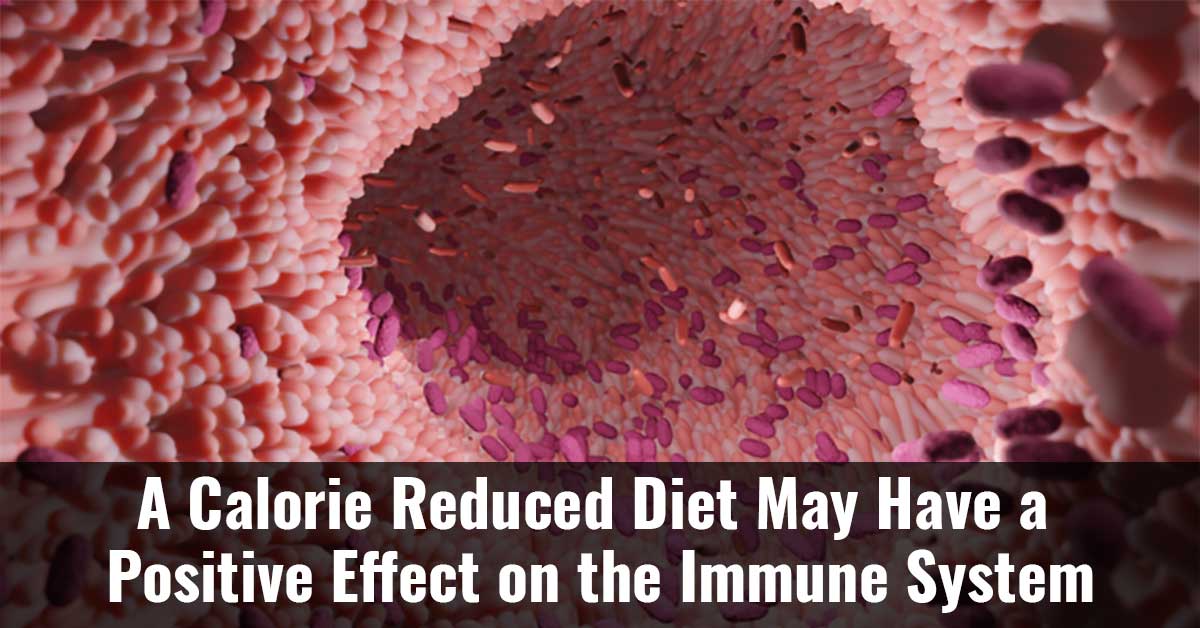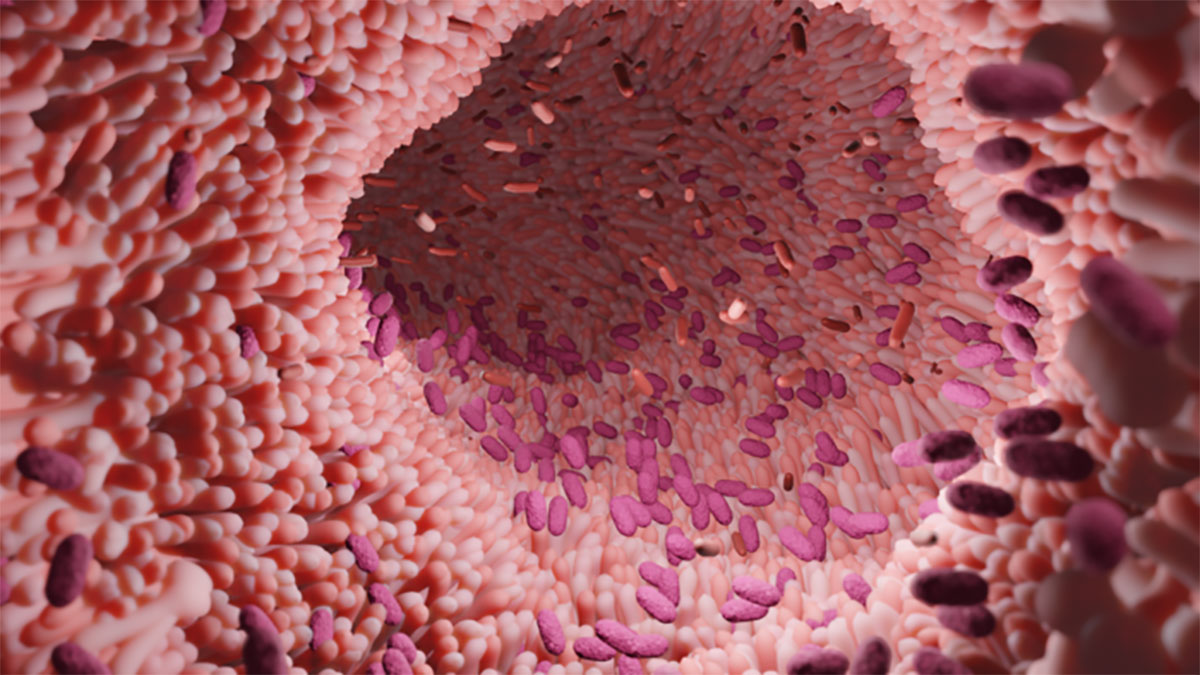Besides a calorie reduced diet being able to help prevent the metabolic diseases, it may also have a positive effect on the immune system. A study has demonstrated that this effect is mediated by a change in the gut microbiome, which delays immune system deterioration in old age.1✅ JOURNAL REFERENCE
DOI: 10.1186/s40168-022-01249-4
The gut microbiome is the term made use for describing the totality of all the digestive tract’s intestinal bacteria and microorganisms. Amongst other things, it affects the metabolism and immune system of its host.
Approximately 2 billion individuals around the world are overweight. Obesity increases the risk of heart attack, hypertension, or type 2 diabetes and can lead to inflammation that weakens the immune system by means of certain memory T and B cells accumulating. This is a change in the immune system related to age process known as immune senescence.
In obese individuals, the development of metabolic diseases like type 2 diabetes can be delayed by a low-calorie diet, which can also positively affect the immune system. Exactly how the gut microbiome mediates these positive effects and what part it plays in this process is however not yet known. Researchers have now looked at the interactions between calorie-reduced diets, metabolism, the gut microbiome, and the immune system.
The researchers first analyzed how an obese woman’s gut microbiome was affected by a very low-calorie diet of 800 kcal per day for 8 weeks. They transplanted the gut microbiota before and after the 8 weeks into germ-free mice to create a gnotobiotic mouse model. They were in this way able to determine how the gut microbiome shaped by the diet affected metabolism and also the immune system.
Fat deposition was reduced and glucose metabolism improved after the diet-altered microbiota was transplanted. Mass cytometry also showed that the specific memory T and B cell levels were also reduced, which indicates that immune senescence was delayed.
These results indicate that the gut microbiome mediates the positive effects that a low-calorie diet has on the immune system and metabolism. The researchers however point out that the study was conducted with the microbiome of only one individual and that further research will needed to be conducted with more participants to confirm the results.




